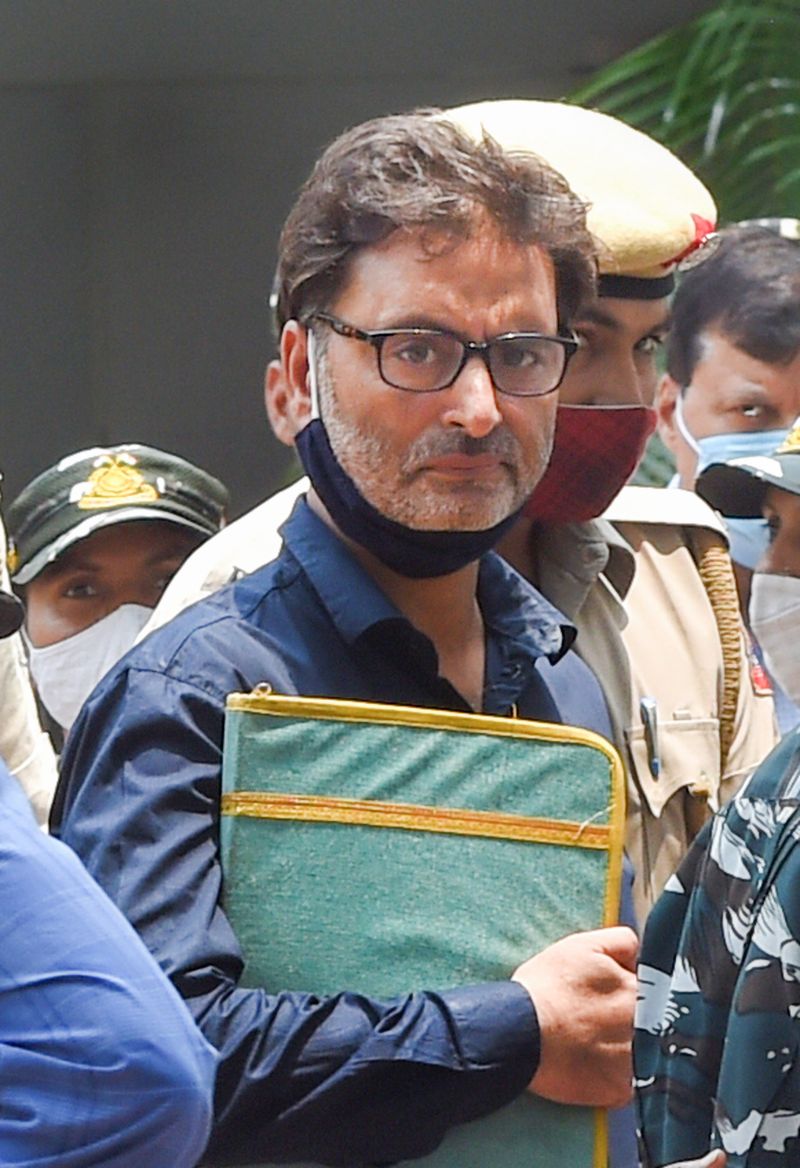By Jennifer Hyland,Stuart MacDonald
Copyright dailyrecord

Just six per cent of human -trafficking and modern slavery cases in Scotland have resulted in convictions over the last decade. Research has found a tiny -proportion of criminal charges concerning trafficking and slavery lead to a guilty verdict in court. Since the introduction of the Human Trafficking and Exploitation (Scotland) Act in 2015, 653 cases have been reported to prosecutors. Only 38 have resulted in -convictions – far lower than the conviction rate for other offences. Of the 112 cases in the last three years, none led to convictions, although 52 are still ongoing. Many cases never make it to court because of their complexity. Language barriers, victims unwilling to testify and difficulties in identifying the ringleaders of trafficking gangs were given as factors for the low conviction rate. Sharon Dowey MSP, the -Scottish Tories’ victims spokeswoman, said: “If SNP ministers are serious about tackling this issue then they will put them first and give our justice system the resources they need to punish these dangerous offenders.” The statistics were provided by the Crown Office and Procurator Fiscal Service (COPFS) for a report prepared for the Scottish Sentencing Council. Glasgow had the highest number of cases for slavery and human trafficking at 190, followed by Dundee on 138. Three in four cases where convictions were secured resulted in jail. Men accounted for 77 per cent of all accused. Xiao Min, 39, Qin Huang, 31, and Guolei Huang, 35, led a Chinese crime gang who trafficked -vulnerable women and forced them to work in brothels in Glasgow and Edinburgh. Captured in Operation Fasthold, a joint Police Scotland and Home Office investigation, the group, were jailed in June last year after pleading guilty to trafficking and exploitation charges. The research from Glasgow University said a better understanding of victim perspectives could be beneficial “as a means to hold offenders accountable and provide protection”. The COPFS said: “We deal with every case on its own individual facts and circumstances and take action where we assess there is sufficient admissible evidence that a crime has been committed and it is in the public interest to do so.” The Scottish Government said: “Decisions on prosecution are for the independent Crown Office and Procurator Fiscal Service. Decisions on sentencing are for the independent court.”



